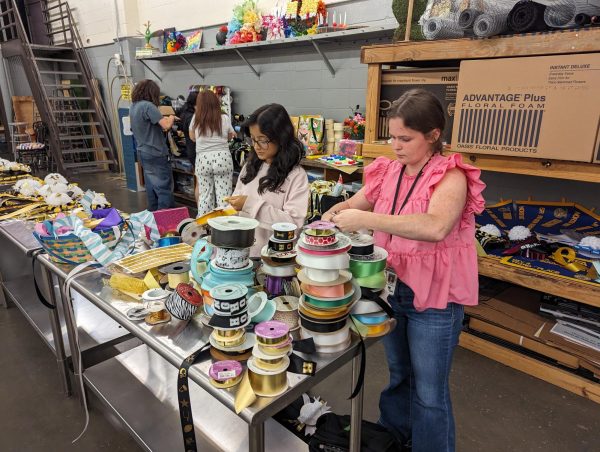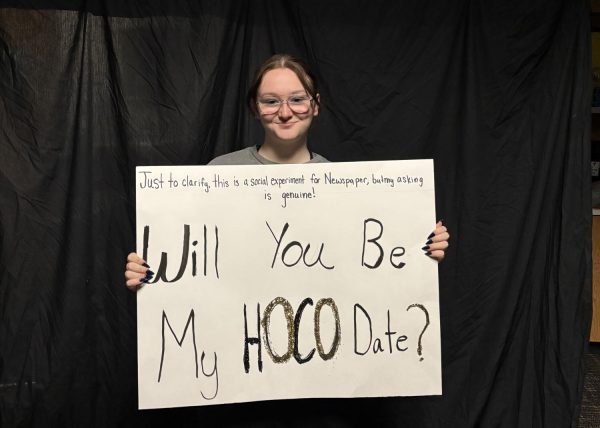What COVID-19 Feels Like
Positive testers try to describe symptoms, fighting virus
With the pandemic interrupting lives across the globe, it would be impossible to forget the hardships this deadly bug has caused. With coronavirus sweeping the news and nation, many are exhausted from hearing about the contagious disease. However, there is one particular question that people who’ve never had the virus don’t know the answer to: What does COVID-19 feel like?
Attempting to continue as normally as possible, U.S. citizens have taken advantage of the country reopening despite the thriving virus. Many leave and enter their homes often putting those they visit at risk, causing those affected to learn what the coronavirus feels like the hard way.
“It [the coronavirus] came as quite a shock,” Oak parent Darren Miles said. “I was honestly desensitized to the issue until it affected my family and I personally.”
Everyone knows the list of symptoms the CDC has released, but most don’t take into account what it would feel like to deal with them.
“I had a ridiculously high fever of 106,” junior Abigail Vickery said. “If I didn’t take something like Tylenol every six hours, it would go from 99 to 104 in the span of a few minutes.”
Because of the virus’ unpredictability and despite the listed symptoms, those who have contracted it tend to have completely different experiences when compared to one another.
“I suffered from a myriad of symptoms,” Oak aunt Lauren Goodrich said. “It started with a flu-like cough and headache, but the more troubling symptoms were memory loss, trouble breathing, loss of feeling in my feet and hands, and technicolor night-terrors.”
Due to contagion, positive testers must isolate from the world as they heal, which can have negative mental effects.
“My mom was rarely allowed in the hospital to visit me,” Vickery said. “I was overwhelmingly alone the entire time I was dealing with it. It was incredibly difficult to get through.”
After overcoming the terrible ordeals COVID-19 put them through, those who tested positive encourage others to follow the CDC guidelines to ensure safety to avoid exposure.
“Be responsible for your own safety, and don’t take for granted that others are following the same measures as you,” Goodrich said. “It’s exhausting to repeat this, but wear a mask, wear a mask, wear a mask. Following basic safety rules is not a political statement, it’s a common courtesy that can and will permanently affect the lives of others. Trust me when I say you don’t want to go through what I dealt with.”






